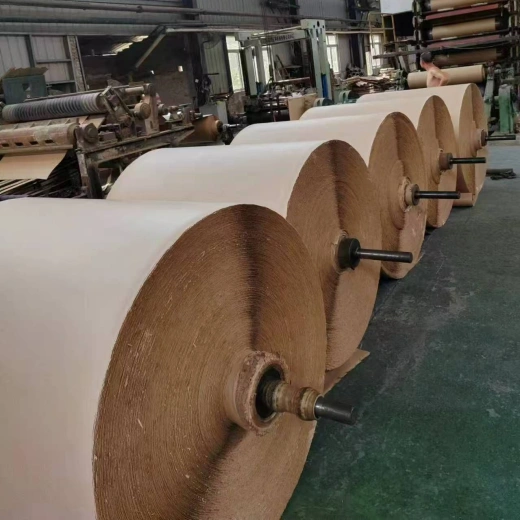
Transformer insulation materials play a vital role in ensuring the reliability and service life of transformers. Their performance directly affects the operational stability, efficiency, and durability of the equipment. With the rapid advancement of science and technology, transformers and other electrical equipment such as motors are widely used in various industries, and insulating materials have become an essential focus for transformer design and manufacturing engineers.
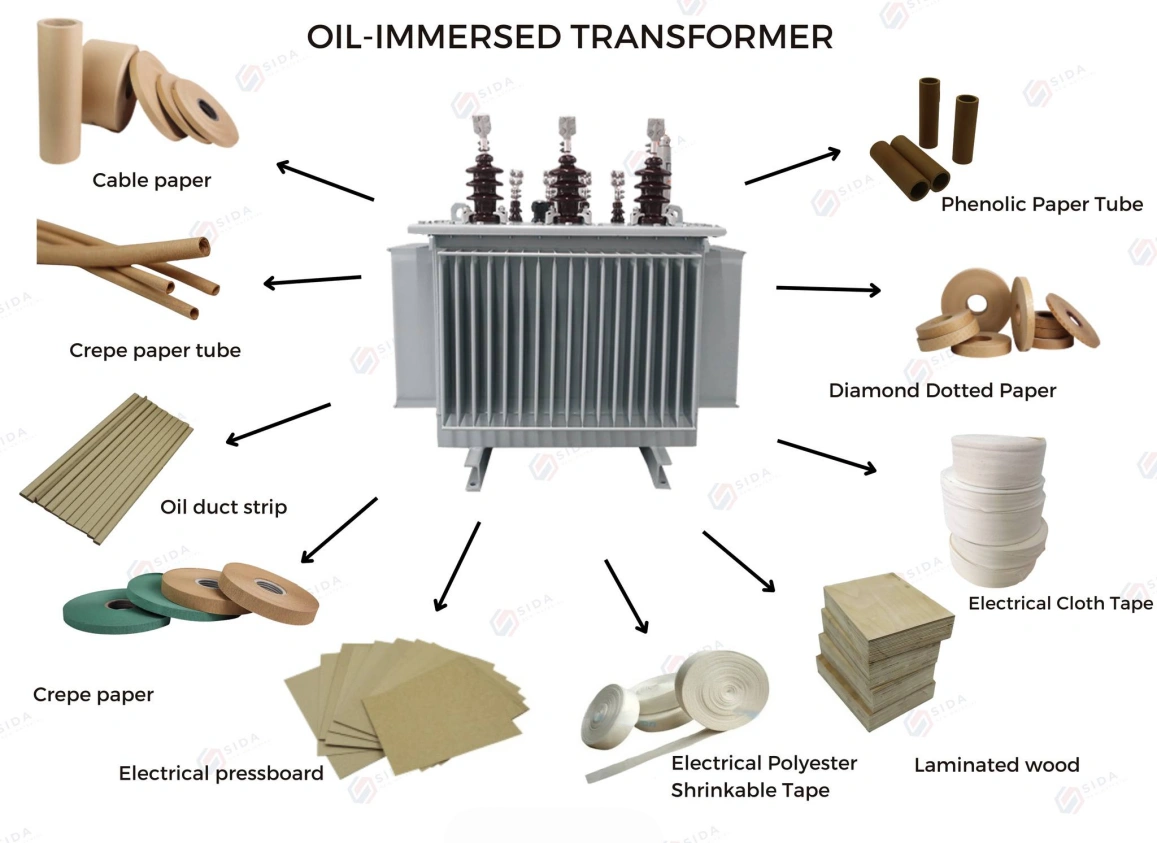
Insulating materials, also known as dielectrics, are characterized by high resistivity and low conductivity. They are primarily used to isolate live conductors or conductors of different potentials, ensuring that current flows in a controlled direction. In transformer applications, insulating materials also serve additional functions such as heat dissipation, cooling, structural support, fixation, arc suppression, potential gradient improvement, moisture and mildew resistance, and conductor protection.
According to thermal classification, insulation materials are generally divided into the following grades: Y (90°C), A (105°C), E (120°C), B (130°C), F (155°C), H (180°C), and C (above 180°C). Various insulating parts are required for transformer construction to ensure proper isolation between conductive components and between conductors and ground. The stable technical performance of these materials is crucial to the transformer’s long-term reliability and safety.
High-quality Transformer insulation materials must possess excellent electrical insulation properties as well as mechanical strength, including high compressive, tensile, and bending strength. They should also maintain dimensional stability under thermal and electrical stress. Depending on their applications and geometries, the most common insulating materials used in oil-immersed transformers include Electrical Insulation Pressboard, DDP insulation paper, Cable Paper, Electrical Crepe Paper, and Epoxy Glass Cloth Laminated Sheet.
1. Electrical Insulation Pressboard
Electrical Insulation Pressboard is produced from 100% pure sulfate wood pulp. After thorough vacuum drying, degassing, and oil impregnation, it exhibits excellent electrical and mechanical properties. It is the most widely used insulation material in oil-immersed transformers. The heat resistance of insulation pressboard is classified as Y-grade, which becomes A-grade after oil impregnation.
Pressboard is available in various thicknesses (0.5mm to 8mm) and formats (e.g., 1000×2000mm, 2030×4200mm, 3200×6100mm). Based on density, it is categorized into low-, medium-, and high-density types. Low-density boards (0.75–0.9g/cm³) are mainly used for molded parts due to their formability. Medium-density boards (0.95–1.15g/cm³) are ideal for general insulation components such as tubes, stays, and spacers. High-density boards (1.15–1.3g/cm³) provide superior electrical and mechanical performance and are used for structural parts like pressing plates and oil gap pads.
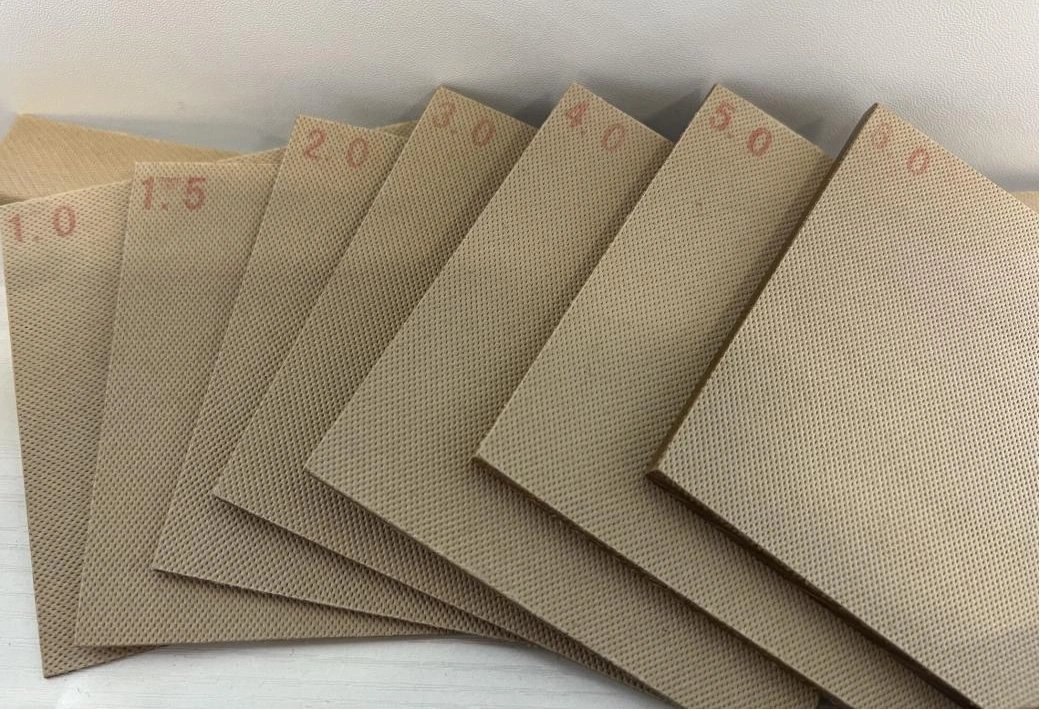
2. DDP (Diamond Dotted Paper) Insulation Paper
Diamond Dotted Paper is made from electrical-grade kraft insulation paper coated with B-stage heat-curable epoxy resin on one or both sides. The resin is applied in a diamond pattern (9.5mm × 9.5mm diamonds, 15.9mm center spacing). After curing, the resin provides excellent dielectric and bonding strength. DDP insulation paper is mainly used for coil insulation in oil-immersed transformers, where the epoxy dots melt and bond under heat to form a uniform, solid insulation layer.
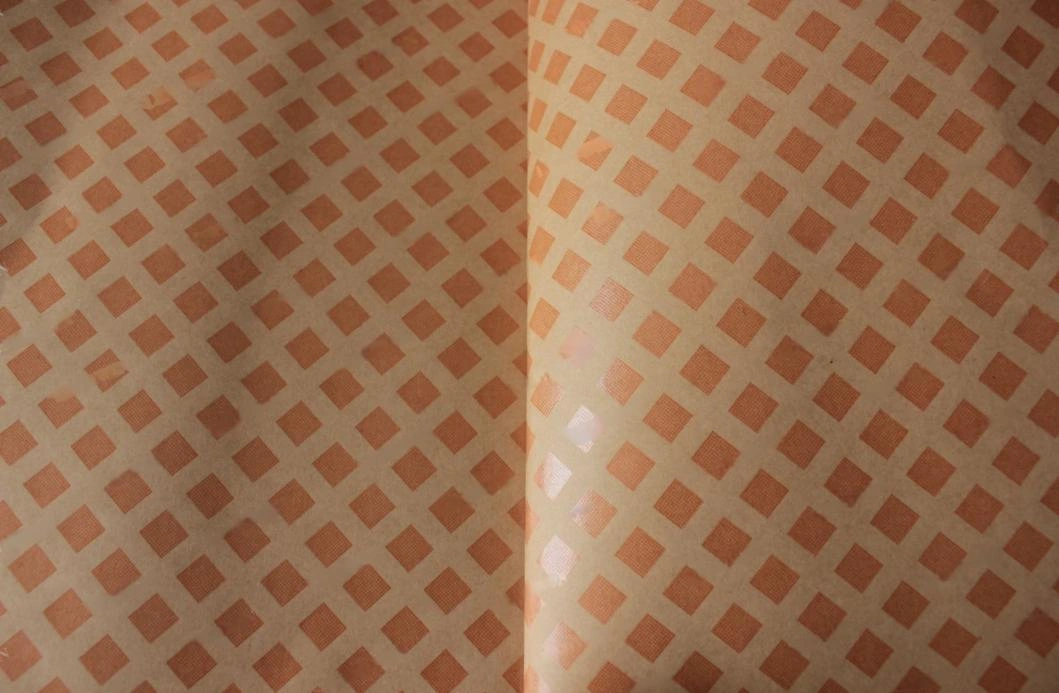
3. Cable Paper
Cable Paper, produced from pure sulfate wood pulp, offers high mechanical and dielectric strength. It is primarily used for turn insulation, lead wire insulation, electrostatic ring insulation, and laminated structures within transformer windings.
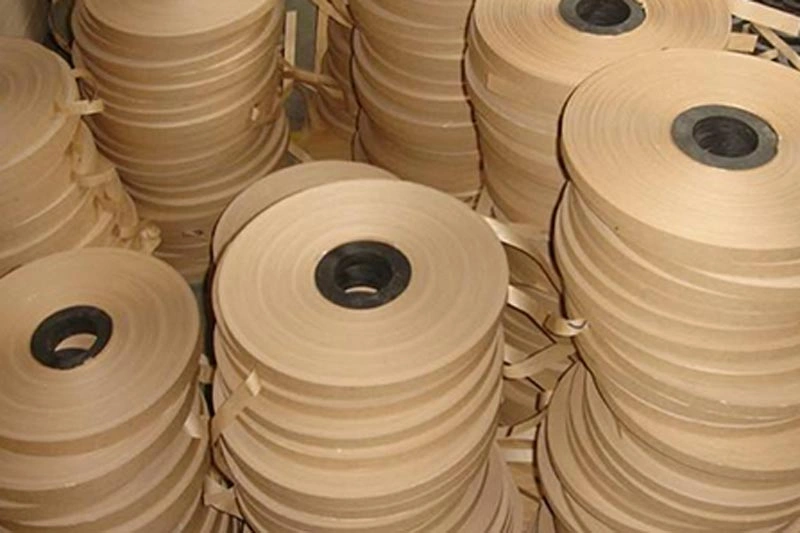
4. Electrical Crepe Paper
Crepe paper is manufactured by corrugating electrical insulation paper to create transverse wrinkles, allowing high elongation and flexibility. It is commonly used for wrapping winding heads, leads, and electrostatic rings, providing excellent adaptability during assembly.
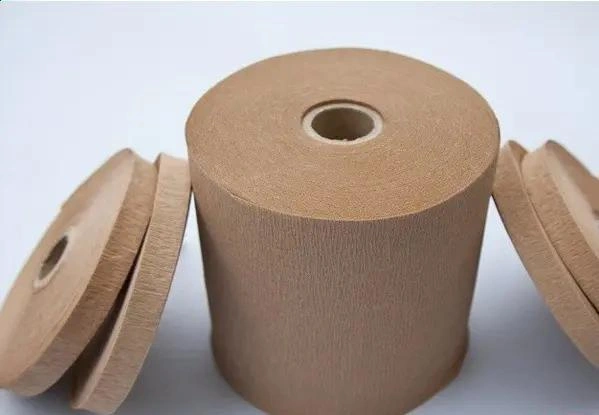
5. Epoxy Glass Cloth Laminated Sheet
This sheet is made by impregnating glass fiber cloth with epoxy resin and curing under heat and pressure. It offers excellent mechanical properties at medium temperatures and stable dielectric performance at high temperatures. With outstanding heat and moisture resistance, it is widely used for oil passages, support components, and structural insulating parts in transformers.
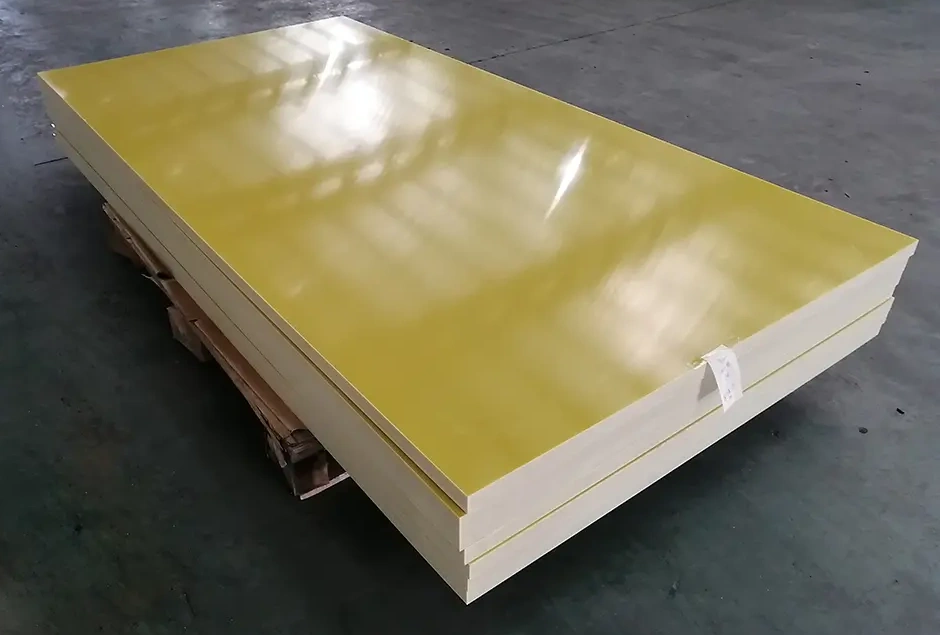
About YILONG
As a professional manufacturer of electrical insulation materials, YILONG has been deeply engaged in the insulation industry for nearly 60 years. Having undergone system and enterprise reforms, YILONG has continuously evolved into a modernized enterprise equipped with advanced production equipment and a highly skilled technical team. Today, YILONG provides a comprehensive range of high-quality insulation materials for transformer, motor, and electrical equipment manufacturers worldwide. Our products are trusted by customers across more than 30 countries, ensuring safety, reliability, and innovation in every application.